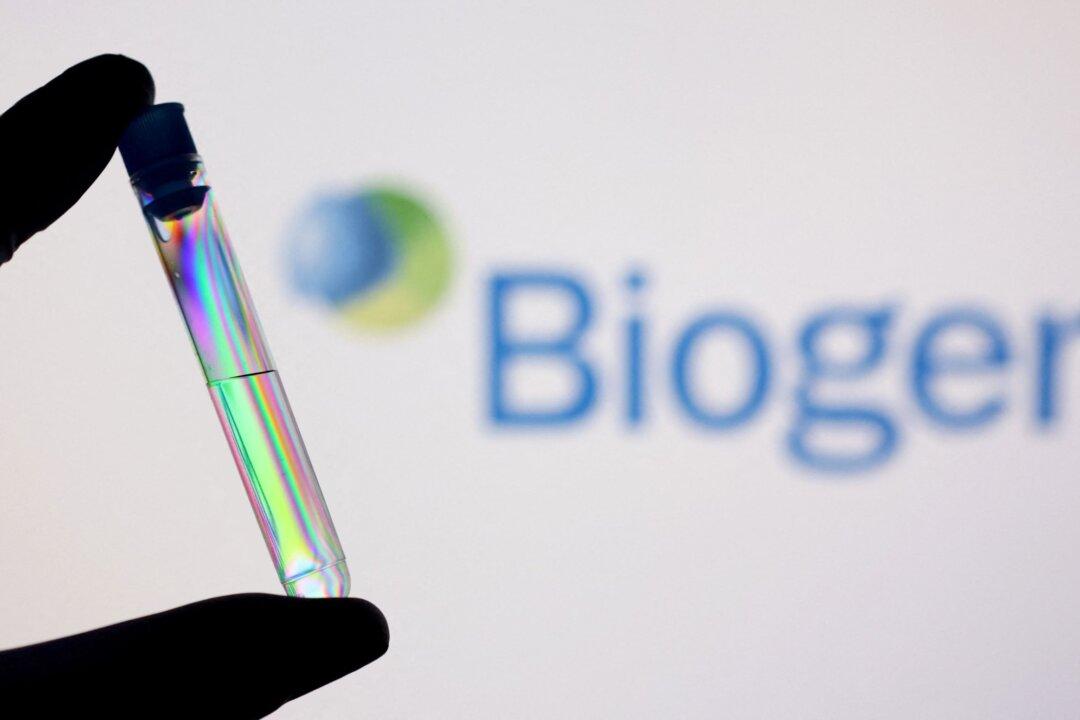Pharmaceutical giant Biogen has agreed to pay $900 million to settle claims that it paid kickbacks to physicians to encourage them to prescribe its multiple sclerosis drugs, the Department of Justice announced on Monday.
The Cambridge, Massachusetts-based company’s settlement resolves a lawsuit filed in 2012 by former Biogen employee turned whistleblower, Michael Bawduniak.




